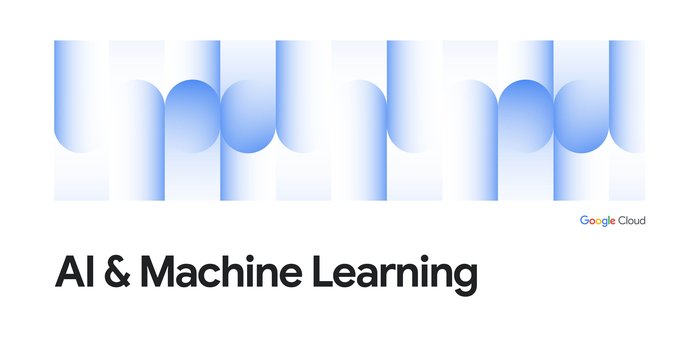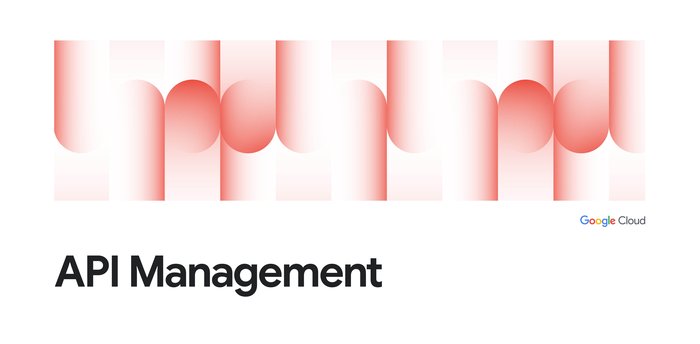A year of API-driven digital transformation
Bala Kasiviswanathan
Director, Head of Product Management, Business Application Platform
2020 was a challenging year for many organizations as they faced sudden changes in consumer behavior and market dynamics. The shift to digital channels is nothing new, and even in 2019, digital was already the preferred option for commerce and collaboration across many industries—but in the wake of the global pandemic, these channels became the first and only option for many businesses. Preference gave way to necessity almost overnight.
According to Adobe Analytics, Black Friday 2020 shopping witnessed a growth of 22% and Cyber Monday saw 15.1% increase compared to 2019. More importantly, this is going to be a long term shift. According to McKinsey, over 60% of customers changed their shopping behavior in 2020.
With in-person and brick-and-mortar operations disrupted across much of the world, the past year’s trends mean that more than ever, a business’s ability to operate relied on its ability to insert itself into digital channels and to engage with customers in new ways. APIs are the foundational mechanisms powering these digital interactions, and hence API management becomes a more urgent competency for many companies as they navigate the impacts of COVID-19.
The role of API management platforms
We have seen many organizations that invested in API management benefiting in different ways during these challenging times. Here are some examples:
Deliver innovation faster: Companies challenged with legacy systems were able to unlock valuable data and services via APIs, allowing developers to build new experiences faster. To learn more, check out this video, from Google Cloud Next ‘20: OnAir, that explains how Australian Energy is leveraging APIs to build a hub for open data.
Build business ecosystems: APIs allowed organizations to collaborate and quickly integrate with partner ecosystems to transform their business models. Read this article to learn how CHAMP Cargosystems executed ecosystem strategies to help airlines navigate COVID-19 disruptions.
Automate operations with AI: During periods of peak online activity, such as Black Friday and Cyber Monday, AI-powered features like traffic prediction, anomaly detection, and API monitoring helped organizations to focus on business-critical concerns and keep services online without interruption. See this video to understand how TMobile has leveraged APIs, and the process automations they enable, across diverse technology ecosystems ranging from mobile services to machine learning to the Internet of Things.
Develop new revenue streams: Many businesses suffered declines in top-line revenue during 2020, but monetization of API products helped some to stay competitive by unlocking new sources of revenue. To learn more, view this on-demand webinar that includes how MTN Group, a leading multinational telecommunications company, is harnessing APIs to unlock new revenue opportunities.
Google Cloud’s continued innovation in API Management
To help organizations navigate 2020’s challenges, as well as adapt to trends in enterprise IT that have been unfolding for years ahead, Google Cloud launched several new capabilities throughout the year to bolster how we help our customers with API management:
API Gateway helps developers securely share their serverless workloads and monitor consumption on serverless APIs.
Apigee datasource for AppSheet helps citizen developers accelerate digital transformation, empowering them to harness APIs, and the more powerful datasets and functionality to which they provide access, for no-code app development.
Apigee Adapter for Envoy As enterprises adopt microservices-based architectures, Apigee was first to build an adapter for Istio to expose services outside the mesh or between services running entirely within the mesh. Apigee adapter for Envoy now integrates Envoy-based services into your Apigee environment, extending Envoy’s capabilities to include API management and letting developers expose services behind Envoy as APIs.
Thought leadership, best practices, and engagement with the API community
We continued our engagement with the communities of developers, technical, and business leaders looking to do more with APIs.
For example we launched That Digital Show, a podcast series in which we share field-tested best practices and real-world use cases to help enterprises to build and scale their API programs. We also offered our Business Innovation Roadshow, which explored how to think like a futurist to evaluate emerging business opportunities, how to discern key technology signals, and when and how to act in order to build an API-first strategy.
We launched a new series of ebooks, The Path of Most Resilience, that explores three tangible ways in which APIs help build business resilience via improved operational efficiency, accelerated innovation, and the development of richer customer experiences.
We also published a range of blog posts and articles— if you missed any, you can catch up on all the API goodness here.
Our thought leadership efforts also encompassed several industry-specific discussions, including:
APIs for Healthcare
The Digital Transformation of Healthcare, which examines how the healthcare industry is navigating these difficult times and how patients will soon benefit from new digital services.
Getting Digital with Healthcare, which involves a panel of experts discussing three key pillars the healthcare industry is leveraging to help organizations enable data interoperability and provide value-based care.
APIs for Marketing: The Automotive Industry, which surveys how APIs are being used for marketing and digital transformation in the automotive industry.
APIs for Media and Entertainment, which looks at the digital future of movies, television and gaming.
API-powered Open banking, which discusses how APIs can accelerate compliance, create connected customer experiences, and launch new products
Last but not the least, in partnership with Oxford Economics, we surveyed over 1,000 CIOs of large organizations (i.e., those with over $2 billion in revenue), from around the world and across industries, to understand their digital business ecosystem strategies—and the benefits they derive from cultivating those relationships. Check out the key findings of the survey and the role of APIs in building and scaling digital ecosystems.
What’s next?
We believe most of the current shifts in market dynamics will have long-term implications on consumer behavior and the way businesses operate; even before the pandemic disrupted enterprises throughout the world and increased the urgency around digital transformation, results from our Oxford Economics survey indicated that business leaders were connecting APIs to the modern digital experience and efficiencies required to be competitive. Digital experiences across a range of form factors—in offices, stores, homes, or the field—will increasingly define how work gets done, how customers interact with businesses, and how businesses interact with one another. Interactions and automations among data and functionality in difference systems will power these experiences—and APIs will continue to power those interactions.
Going into 2021, in order to reinvent and globally scale their efforts, enterprises will need to think beyond digital transformation, as which has become an issue of table stakes rather than the mark of a differentiated leader. Instead, businesses must strive to pursue digital excellence—and that means API management becomes even more important. It’s not enough to simply use APIs, though that is a prerequisite for success. Businesses need to harness their APIs to pursue new business models, such as monetizing data for an outside audience, or new partnerships, such as connecting one’s own APIs to those of social networks in order to create richer, wider-reaching customer experiences. Businesses need to learn from APIs, applying machine learning to discern trends in developer and end user behavior and further fortify digital services against attackers. And they need to extend their APIs in new directions, opening them not only to traditional developers but also the new breed of no-code application builders.
To boost our customers’ efforts towards digital excellence, we look forward to launching several new capabilities in the coming year that will let customers leverage Google Cloud’s industry-leading offerings to accelerate their API programs. We’re excited to see what you build with them.



